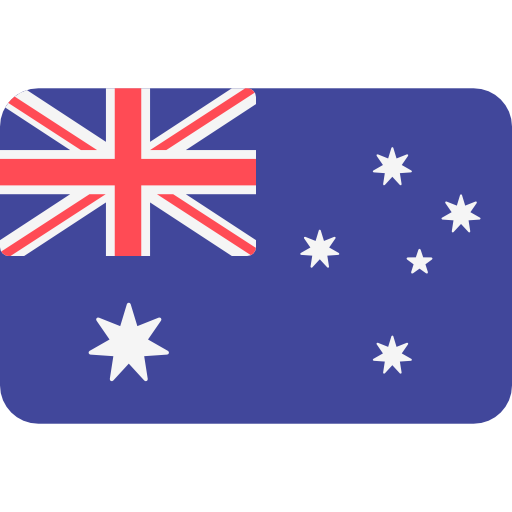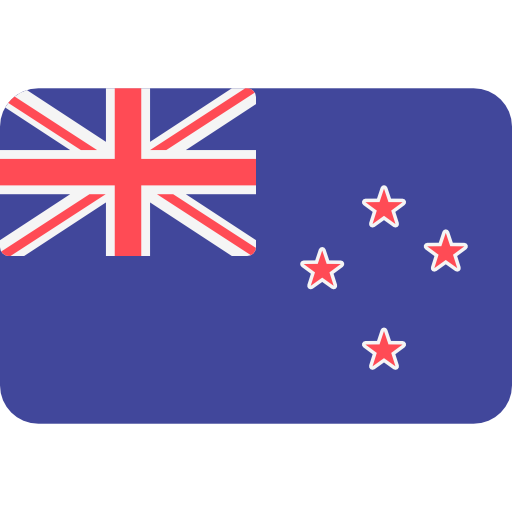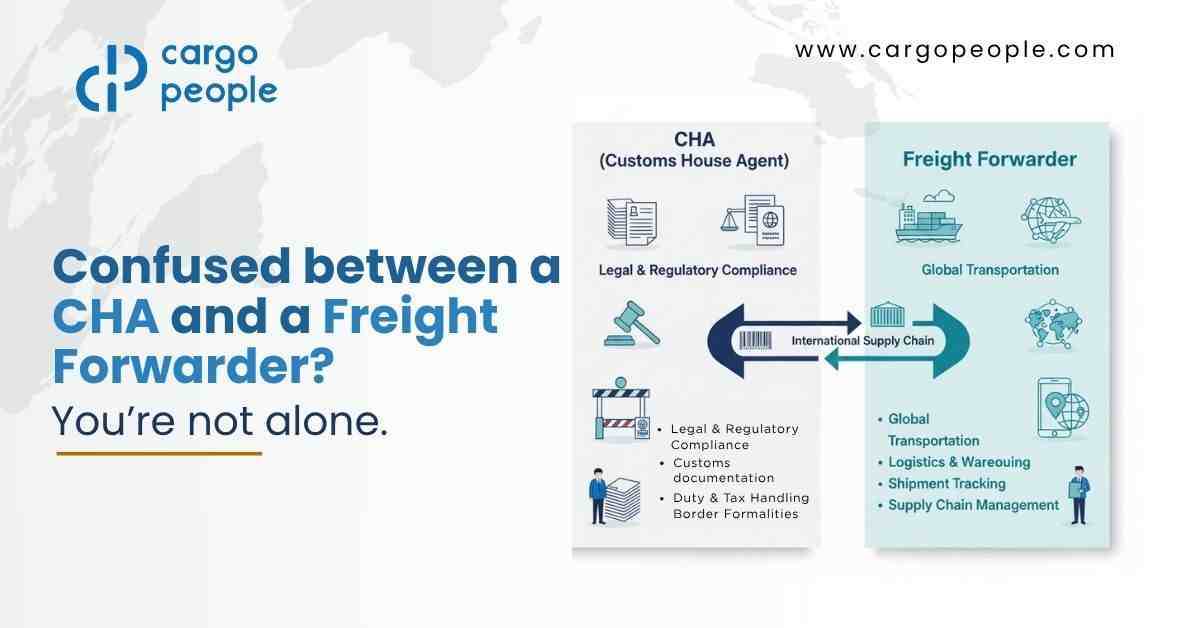When One Misstep Can Delay an Entire Shipment
When Rajesh, a furniture exporter from Jaipur, sent his first container to Europe, he assumed his freight forwarder would take care of everything — documentation, shipping, and delivery. But once his shipment reached Mumbai Port, customs officials halted the clearance process.
The freight forwarder had booked the vessel but didn’t have authorization to file customs documents. Rajesh needed a Customs House Agent (CHA) to handle the clearance. The delay cost him not only demurrage charges but also strained his relationship with his overseas buyer.
This scenario plays out often for Indian businesses new to global trade. Understanding the difference between CHA services and freight forwarding services can save time, cost, and stress — and ensure your goods reach their destination without interruptions.
What Is a Customs House Agent (CHA)?
A Customs House Agent (CHA) — now officially called a Customs Broker — is a licensed professional authorized by the Central Board of Indirect Taxes and Customs (CBIC).
Their job is to ensure that goods entering or leaving India comply with every regulation under the Customs Act, 1962.
CHAs act as the link between your company and the customs department. They prepare, verify, and submit the documents needed to move your cargo legally across borders.
Key Responsibilities of a CHA
-
Filing the Bill of Entry for imports and Shipping Bill for exports
-
Classifying goods under the correct HS codes to determine duties and taxes
-
Coordinating customs inspections, queries, and verifications
-
Handling duty payments, exemptions, and refunds
-
Liaising with multiple agencies such as DGFT, FSSAI, and the Port Authority
A good CHA doesn’t just process paperwork; they safeguard your compliance.
One small documentation error can result in delays or penalties — something a trained CHA helps you avoid.
What Is a Freight Forwarder?
A Freight Forwarder is your logistics strategist — the expert who plans, coordinates, and manages how your goods move from the supplier to the buyer.
They are not limited to one country or one mode of transport. Instead, they bring together airlines, shipping lines, truckers, and warehouses to provide seamless logistics.
Core Functions of a Freight Forwarder
-
Booking cargo space for sea and air shipments
-
Consolidating small shipments to save on cost
-
Handling transportation, packaging, labeling, and warehousing
-
Preparing commercial documents such as invoices, packing lists, and bills of lading
-
Managing multimodal shipping — connecting road, air, and sea
-
Tracking shipments and resolving transit issues
While a CHA ensures your cargo clears customs, the freight forwarder ensures it physically moves efficiently, safely, and cost-effectively.
Both roles are critical — one ensures compliance, and the other ensures connectivity.
CHA vs Freight Forwarder — Understanding the Difference
| Aspect | Customs House Agent (CHA) | Freight Forwarder |
|---|---|---|
| Main Function | Manages customs documentation and clearance | Plans and executes cargo transport |
| Authority | Licensed under CBIC (Customs Broker License) | Operates as logistics intermediary |
| Key Focus | Regulatory compliance, duty assessment | Cargo movement and rate negotiation |
| Deliverables | Customs filing, duty payment, inspection coordination | Freight booking, routing, and shipment tracking |
| Client Interaction | Deals with customs and regulatory authorities | Coordinates with carriers and global agents |
| Example Use Case | Clearing imported goods at an Indian port | Shipping a container from India to Europe |
The Business Impact
Think of the CHA as your compliance manager and the freight forwarder as your logistics partner.
One ensures that your shipment is legally cleared, the other ensures it is efficiently delivered.
For smooth international trade, the two must work hand in hand.
When to Choose a CHA and When to Choose a Freight Forwarder
You Need a CHA When:
-
Importing regulated goods such as chemicals, machinery, or medical equipment
-
Handling complex documentation like EPCG or MEIS
-
Requiring customs representation for inspections or disputes
-
Dealing with post-clearance refunds or duty drawbacks
You Need a Freight Forwarder When:
-
Booking full container loads (FCL) or less-than-container loads (LCL)
-
Managing air freight for time-sensitive shipments
-
Coordinating door-to-door logistics across multiple countries
-
Negotiating competitive freight rates for exports
The Smartest Option
For most businesses, the ideal choice is not one or the other — it’s both.
Partnering with a company that integrates CHA and freight forwarding ensures zero communication gaps, faster clearance, and end-to-end accountability.
India’s Logistics Landscape
India is one of the world’s fastest-growing trade economies. However, logistics and customs operations remain complex.
Delays in documentation, compliance issues, and poor coordination between CHA and freight agents can lead to unnecessary costs.
According to recent industry data:
-
Average customs clearance for exports takes around 2.5 to 3 days, depending on documentation accuracy.
-
Logistics costs account for nearly 13–14% of India’s GDP, much higher than the global average.
-
Digital filing through ICEGATE and port community systems has improved efficiency but still requires expert handling.
The takeaway is clear — experienced professionals on both ends of the logistics chain can make or break your trade timelines.
Common Mistakes Businesses Make
Many importers and exporters, especially SMEs, underestimate how small errors in compliance or coordination can snowball into major losses.
| Mistake | Resulting Problem | Better Approach |
|---|---|---|
| Relying only on a freight forwarder for customs work | Shipment held up at port | Involve a licensed CHA early in the process |
| Submitting incorrect HS codes | Penalties or reclassification delays | Let your CHA verify product codes |
| Ignoring demurrage timelines | Heavy port storage costs | Plan pre-clearance with CHA and forwarder jointly |
| Disconnected communication between CHA and forwarder | Delayed cargo release | Work with one integrated logistics provider |
The best way to avoid these problems is to work with a logistics partner that combines operational expertise and regulatory knowledge.
How Cargo People Integrates CHA and Freight Forwarding
At Cargo People Logistics & Shipping Pvt. Ltd., we bring together both worlds —
the compliance accuracy of a Customs House Agent and the efficiency of a Freight Forwarder.
Our teams are equipped to handle every stage of your shipment:
-
Customs Clearance: End-to-end import and export documentation through our licensed CHA division.
-
Air & Sea Freight: Global network partnerships with leading carriers for optimized transit times.
-
Door-to-Door Delivery: Coordinated transport from factory to buyer’s warehouse.
-
Project Cargo & Warehousing: Secure handling for oversized or high-value shipments.
By combining regulatory expertise and logistics capability, Cargo People ensures your cargo moves faster, stays compliant, and arrives on time.
Frequently Asked Questions
1. What is the main difference between a CHA and a Freight Forwarder?
A CHA manages customs clearance and compliance with Indian regulations, while a Freight Forwarder manages the actual movement of goods through air, sea, or land.
2. Can one company offer both services?
Yes. Cargo People Logistics offers both CHA and Freight Forwarding under one roof for seamless coordination and faster turnaround.
3. Is a CHA license mandatory for customs clearance in India?
Yes, only CBIC-authorized Customs Brokers can file import or export documentation legally.
4. How do freight forwarders add value to exporters?
Freight Forwarders negotiate better freight rates, arrange space with carriers, and manage complex multi-route shipments efficiently.
5. Why should a business use both services together?
Combining CHA and Freight Forwarding minimizes errors, reduces cost, and ensures your shipment remains compliant and on schedule.
Conclusion
In international trade, CHA services and freight forwarding are two sides of the same coin.
The CHA ensures your cargo meets every legal requirement, while the freight forwarder ensures it reaches its destination efficiently.
For Indian businesses aiming to compete globally, coordination between the two is essential.
Choosing a single logistics partner who handles both services — like Cargo People Logistics & Shipping Pvt. Ltd. — simplifies communication, accelerates clearance, and reduces overall logistics costs.
📞 Call: +91 78350 06245
📧 Email: Cha@cargopeople.com
Book a Consultation with Cargo People Logistics


 United Kingdom
United Kingdom
 Germany
Germany
 Argentina
Argentina
 Australia
Australia
 Canada
Canada
 New Zealand
New Zealand
